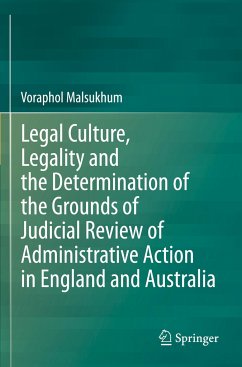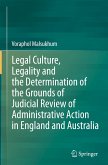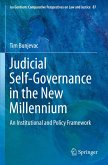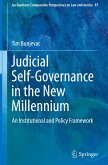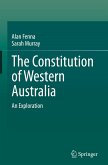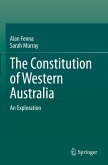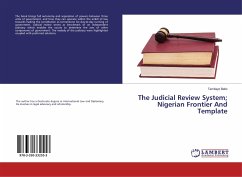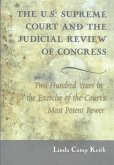This book presents a navigating framework of legal culture and legality to facilitate a comprehensive understanding of the English and Australian determination of the grounds of judicial review.
This book facilitates tangible process of how and why jurisdictional error, jurisdictional fact, proportionality and substantive legitimate expectations are debatable in English law, while they are either completely rejected or firmly entrenched in Australian law. This book argues that these differences are not just random. Legality is not just a fig-leaf, but is profoundly rooted in legal systems' legal culture; hence, it dictates the way in which courts empower, justify, constrain or limit the scope of judicial review.
This book presents evidence that courts differ in legal systems and apply diverse ways to determine the scope of judicial review based on their deep understanding of legality, which is embedded in the legal culture of their legal system. This book uses comparative methodology and develops this framework between English and Australian law.
Although obvious and important, this book presents a kind of examination that has never been undertaken in this depth and detail before.
This book facilitates tangible process of how and why jurisdictional error, jurisdictional fact, proportionality and substantive legitimate expectations are debatable in English law, while they are either completely rejected or firmly entrenched in Australian law. This book argues that these differences are not just random. Legality is not just a fig-leaf, but is profoundly rooted in legal systems' legal culture; hence, it dictates the way in which courts empower, justify, constrain or limit the scope of judicial review.
This book presents evidence that courts differ in legal systems and apply diverse ways to determine the scope of judicial review based on their deep understanding of legality, which is embedded in the legal culture of their legal system. This book uses comparative methodology and develops this framework between English and Australian law.
Although obvious and important, this book presents a kind of examination that has never been undertaken in this depth and detail before.

